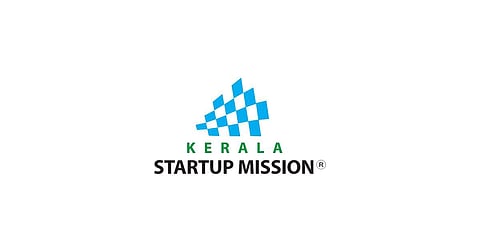

THIRUVANANTHAPURAM: C Venugopalan, the co-founder of a Kannur-based agri-tech firm that manufactures cane syrup, was a relatively new entrant to the state’s startup community when he pitched the idea of a company that made syrup from sugarcane that customers could use for soft drinks.
He started the firm in October 2021, when the second Covid wave was wreaking havoc on the business sector. Guided and assisted by the Kerala Startup Mission (KSUM), Venugopalan went ahead with the idea. Nurtured in KSUM’s Mizone incubator in Kannur, the startup was selected for the market acceleration grant of Rs 10 lakh last year. It also got Rs 9 lakh from the state government in subsidy support through the Small Farmers’ Agribusiness Consortium (SFAC) in Kerala.
For KSUM, which was mostly being approached by youngsters pitching IT services and IT products, backing Venugopalan’s venture was a step towards promoting non-IT startups. While the IT startup sector in Kerala is making incredible achievements in terms of attracting investments and funding, another positive trend – that of more and more non-IT startups getting registered with KSUM – has emerged in the state in recent years.
According to KSUM data, of the 4,000-plus startups that registered in the past four-and-a-half years, 1,694 were non-IT ventures. Of them, 400, the highest, were agri-tech startups, while the rest were from sectors like IoT (Internet of Things) hardware, robotics, and biotechnology.
In 2022 (January to December), 457 non-IT startups registered with KSUM, the highest in last four years. It was also higher than the 423 IT startups registered the same year, as per the data. Though KSUM is yet to compile a city-wise list of startups registered, it said Kochi saw the most registrations by non-IT startups, followed by Thiruvananthapuram and Kozhikode. This apart, over 100 startups are operating in co-working spaces and private office spaces.
Kerala requires holistic startup ecosystem: KSUM
Most startups, said KSUM, are product-focused and integrate advanced technologies, including AI and robotics. KSUM CEO Anoop P Ambika said Kerala requires a holistic ecosystem, instead of an IT startup ecosystem.
Hence, KSUM is encouraging entrepreneurs to go for non-IT startups, he said. “There has been an exceptional rise in the number of non-IT start-ups in the state. Many youngsters are approaching us for guidance. KSUM is lending them every support,” Anoop told TNIE.
He said many startups are being floated in agriculture, food technology, fisheries, 3D printed technology, and telemedicine sectors. Venugopalan said he was thankful to KSUM for the opportunity and said his firm was on the path to growth.
“KSUM’s guidance has been the main factor in our ability to move forward and is an inspiration to many for starting agritech or any non-IT startups,” he said. The startup is looking for angel investors.
Retendering to invite
EoIs KSUM has gone for re-tendering to invite Expressions of Interest (EoIs) for the project management consultant of the proposed emerging startup hub at Technopark Phase-IV in Thiruvananthapuram. The hub will come up in a 5 lakh sq ft building spread on a three-acre plot on the Techno City campus in Pallipuram.
The building can accommodate around 1,000 startups, with a total construction cost of Rs 145 crore. KSUM CEO Anoop P Ambika said though a presentation was done last month, they have decided to re-tender, and the next presentation will be done this month. “We are proposing to involve high net-worth individuals (HNI) in the investment rather than fully depending on the state government. We are looking at this as a self-sustaining model in the long run,” he said.
The government recently raised the ceiling on the purchase of products and services from startups registered with KSUM from Rs 1 crore to Rs 3 crore to boost the ecosystem. A government order said benefits enjoyed by IT-related startups have been extended to non-IT ventures too, allowing PSUs, boards, corporations, and LSGs to purchase products and services from non-IT ventures registered under KSUM. KSUM had planned a slew of initiatives this year to ensure a robust startup ecosystem in Kerala. It had prepared a 10-point action plan to help startups scale globally. Other major projects include sector-specific incubation programmes to support startups focusing on technologies like enterprise software, fintech, agri-tech, and health tech.